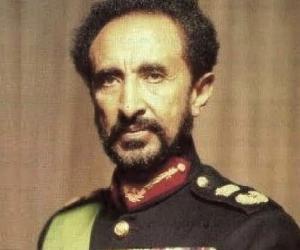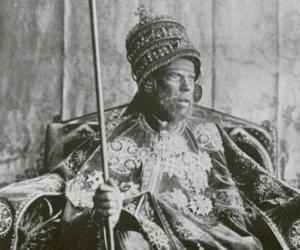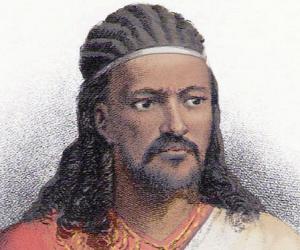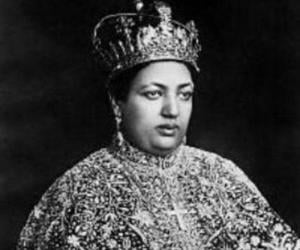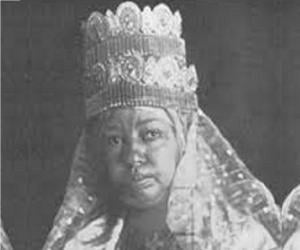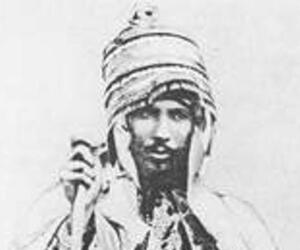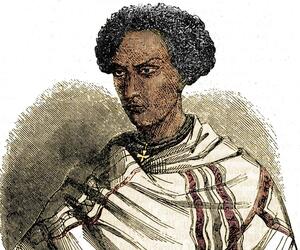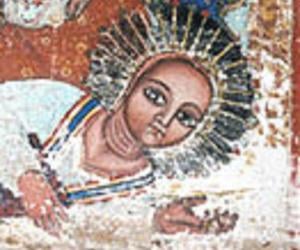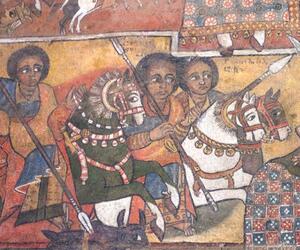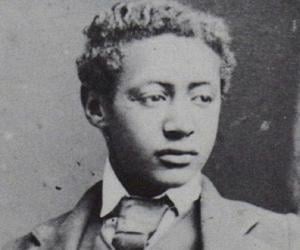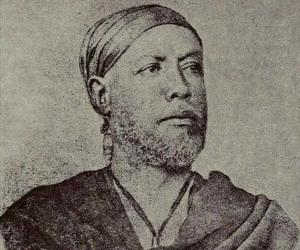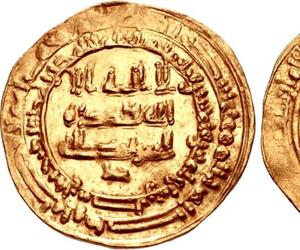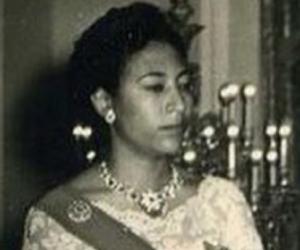1
Haile Selassie
(Former Emperor of Ethiopia (1930 - 1936, 1941 - 1974))
Birthdate: July 23, 1892
Sun Sign: Leo
Birthplace: Ejersa Goro, Ethiopia
Died: August 27, 1975
Haile Selassie I was Emperor of Ethiopia from 1930 to 1974. He rose to power as Regent Plenipotentiary for Empress Zewditu. Known for modernizing Ethiopia through political and social reforms, he introduced the country's first written constitution and abolished slavery. He led efforts to defend Ethiopia during the Second Italo-Ethiopian War, spent time in exile during Italian occupation, and played a key role in forming the Organisation of African Unity. He was overthrown in a military coup in 1974 and later assassinated.
